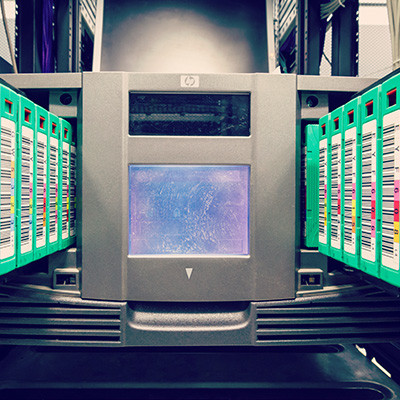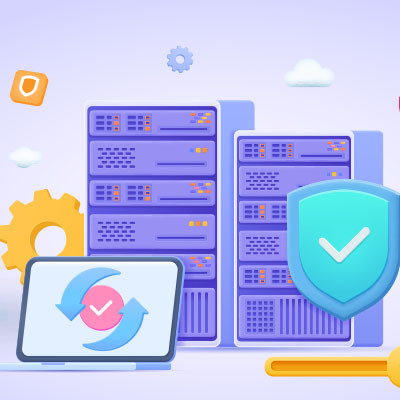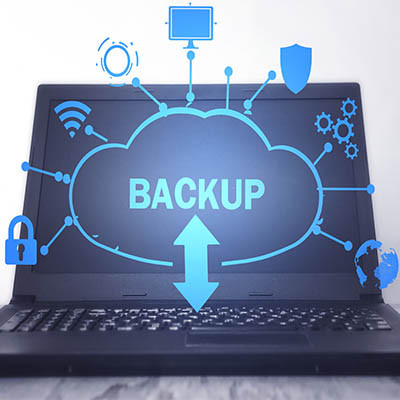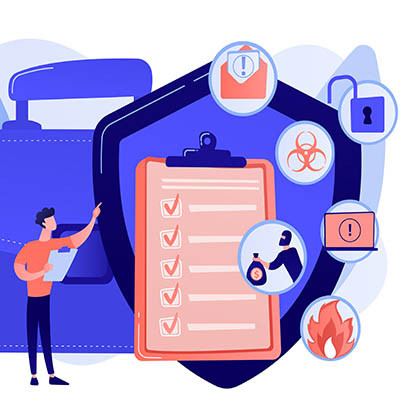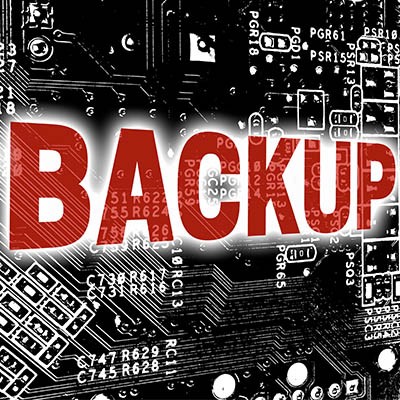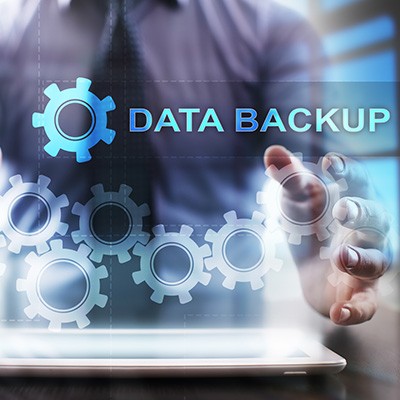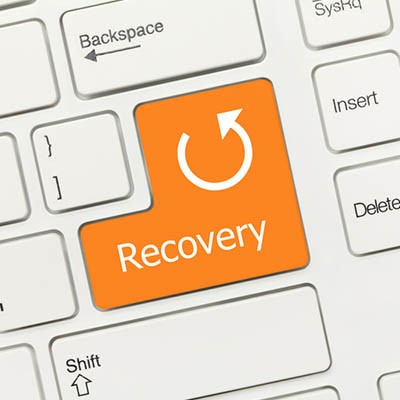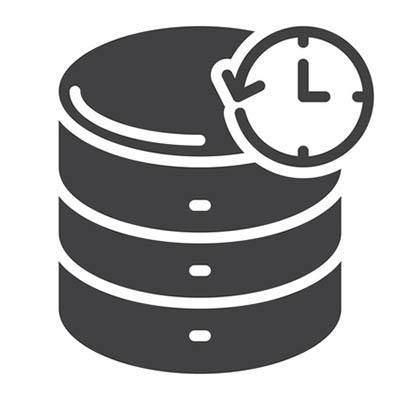IT professionals have all but proclaimed the tape backup system, which dominated the data backup space for decades, to be all but dead. This declaration may have been premature however. Over the past several years, there has been a resurgence in companies that use tape backup. This week, we will go into why businesses are willingly utilizing what can only be described as an antiquated technology for their system redundancy.
Indevtech Blog
If a business is in operation today, it needs to have preparations in order to protect itself and its data from potential disasters—a fact that has only become more pressing as digital data has become the norm. Let’s take a few moments to go over what today’s businesses need to include in their disaster recovery preparations to ensure that their data remains protected.
Despite its undeniable value, data is incredibly fragile. The loss of critical information can spell disaster for a company, making data backup a paramount concern. In this article, we'll explore why data backup is so important for businesses and why it should be at the forefront of every organization's IT strategy.
Data is what makes your business function, and if you’re not careful, you might find yourself without it due to a hardware failure, malware attack, or even human error. You need to maintain and implement a powerful data backup solution to ensure that your business can bounce back following a disaster, and this platform should keep your data as safe and accessible as possible in the process. Here’s how you can implement such a solution.
If you have never imagined your business in the crosshairs of enemy hackers, you could be in for a rude awakening. Unauthorized access to important business data could be enough to bring your business’ operations grinding to a halt, among other consequences. You need to focus your efforts on security, including protecting your infrastructure and ensuring its redundancy through data backup systems.
While “redundant” isn’t typically used as a complimentary descriptor, it very much is when it comes to your business’ data and data backups. This is because you want to make sure that you always have a backup copy ready to go. Let’s consider what a business that doesn’t have this redundancy present in its data is vulnerable to experiencing.
Business continuity is one of those things that can easily be overlooked as most businesses do whatever they can to focus on the job at hand. Unfortunately for the unprepared business, there are a lot of situations that can happen that can interrupt its ability to function optimally. Having continuity strategies in place can save organizations a lot of time and money as they are able to get back up and running effectively quicker.
Bad things happen. If your business fails to plan for the worst, when something terrible does happen, you could be looking at disaster. If you have a comprehensive continuity plan in place, however, you have a fighting chance. Let’s discuss some of the elements you absolutely need to address when making your business’ continuity plan.
You would be surprised what types of things can disrupt your business’ ability to operate. It could be something as benign as a power or Internet outage, something inevitable like a hardware component failure, or something so nefarious as ransomware. Regardless of what happens, every business should have a plan in place to respond to any situation and recover quickly and effectively. For the business that depends on data, having it properly backed up solves one major issue. This month, we thought we’d go over some of the basic questions you need to answer about your data backup and recovery process.
Business continuity is difficult to talk about for some business owners, specifically because no one likes to talk about the worst case scenario. What would you do if your business were to suddenly go through a disaster? Do you have a plan in place? If not, let’s talk about that. Here are some aspects of business continuity that you must consider. Remember; your company’s future depends on it!
If you are a regular visitor to our blog, you know just how important we think data backup is for any business that relies on data. If your business stores and creates data, you need to have a backup strategy in place. It’s that simple. Today, we want to discuss how to improve your data backup strategies with a BDR.
Each March 31st, we like to observe World Backup Day, where we educate people about the benefits of having a comprehensive backup plan in place. This year, with tens of thousands of people being affected by Coronavirus, business has ground to a halt in large portions of the world. Today, we are going to look at the business continuity strategy and how, in times like these, you’ll be glad you have your data backed up.
It has reached the point that, if you have a business, you had better have a backup prepared. Otherwise, the digital data that modern businesses like yours rely on is vulnerable to loss. Of course, depending on the age of your business, you may have data that no longer applies to your operations. That’s why we’re going over how to select the data you should continue to back up.
Businesses don’t like to spend money on solutions they don’t need. You’d rather make sure you hit payroll, dish out Christmas bonuses, and have something left over to grow. With this in mind, a business that doesn’t properly back up their data might not get a chance to make payroll, dish out bonuses, or even keep their doors open. Data backup isn’t something to skimp on, because when the time comes, it can mean disaster for your business.
Data is an asset, there’s no getting around this fact. Therefore, your business needs to consider it important enough to protect with a data backup and disaster recovery solution, as even something unlikely, like a natural disaster or hacking attack, could place your organization in peril. We’re going to take a look at some of the different kinds of data backup and disaster recovery you can expect to see, as well as four terms that you should understand.
Data recovery is a major consideration that every organization that depends on data has to plan for as a part of their business continuity strategy. Since there are so many ways that businesses can lose data, there needs to be a plan to recover data for any possible reason. Today, we will take a different look at operational data loss and talk about how your organization should consider strategizing data recovery.
All businesses hope that they’ll never have to use their data backup and disaster recovery plan, but the point stands that each business should have one, just in case of a worst-case scenario. For a small business with a limited budget, the prospect of investing in a solution they might never need is daunting. To help you get started, we’ve put together a couple of basic backup practices that you should keep in mind for your business.

